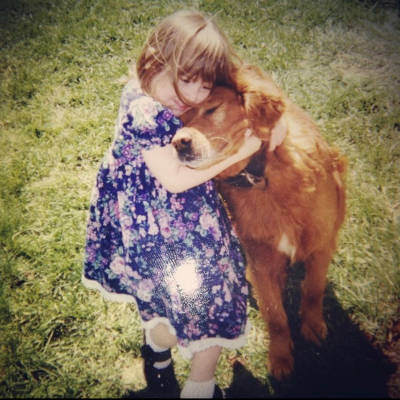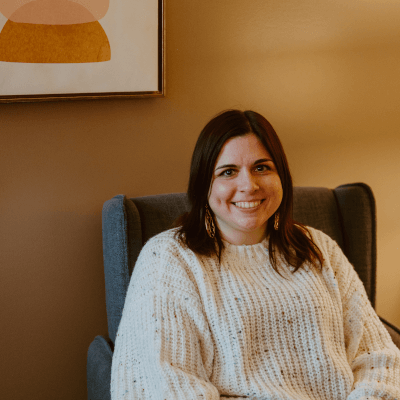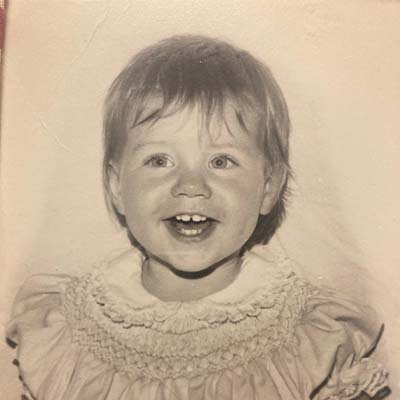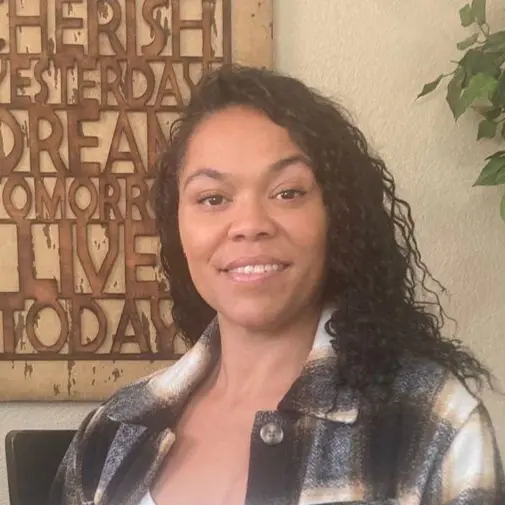Obsessive Compulsive Disorder
Find Your CounselorAbout
OCD consists of two components: obsessive thoughts and compulsive (or uncontrollable) actions. We imagine that compulsive actions must always consist of rituals that can be seen, such as constant hand-washing. However, individuals with OCD often engage in less visible compulsive behaviors—actions such as counting or obsessive thoughts, such as constantly mentally assessing your environment for safety, or obsessively worrying about sexual orientation or religion.
Any kind of compulsive behavior can be uncomfortable (or impossible) to live with. However, OCD is a manageable condition. Counseling can help you work through, manage, and, with persistence, overcome your OCD tendencies as well as develop life skills of awareness, resiliency, and emotional regulation.
Signs and Symptoms
- compulsive: cleaning, checking, replication, memorizing
- almost any behavior can be found at the extreme end of the spectrum and be classified as "compulsion"
How does Lifeologie help?
Discuss your concerns with our client care team.
When you reach out to Lifeologie, you’ll be connected with one of our intake specialists. In a “call center?” No way. Our specialists are based in our local Lifeologie offices and know the counselors well. Their entire job is to learn about you and what you’re looking for and to match you with the counselor who will be the very best fit for your needs and preferences.
Find a counselor who is passionate about helping you reach your mental health goals.
Lifeologists are counselors, life coaches and overall wellness advocates who are experts and specialists in their craft. From EMDR to nutrition coaching, brain spotting to play therapy, we have you covered. Even our offices are carefully curated to feel modern, comfortable and inviting. Counseling at Lifeologie is not your typical counseling experience – in any way.
Receive continuous support and guidance as you go on your mental health journey.
Your counselor at Lifeologie will meet you wherever you are, whether you’re just starting in counseling for the first time ever… or returning to a life-long counseling journey after a break. Your Lifeologist will partner with you to meet your goals. Wherever you are, we come alongside and help you move forward!

























































